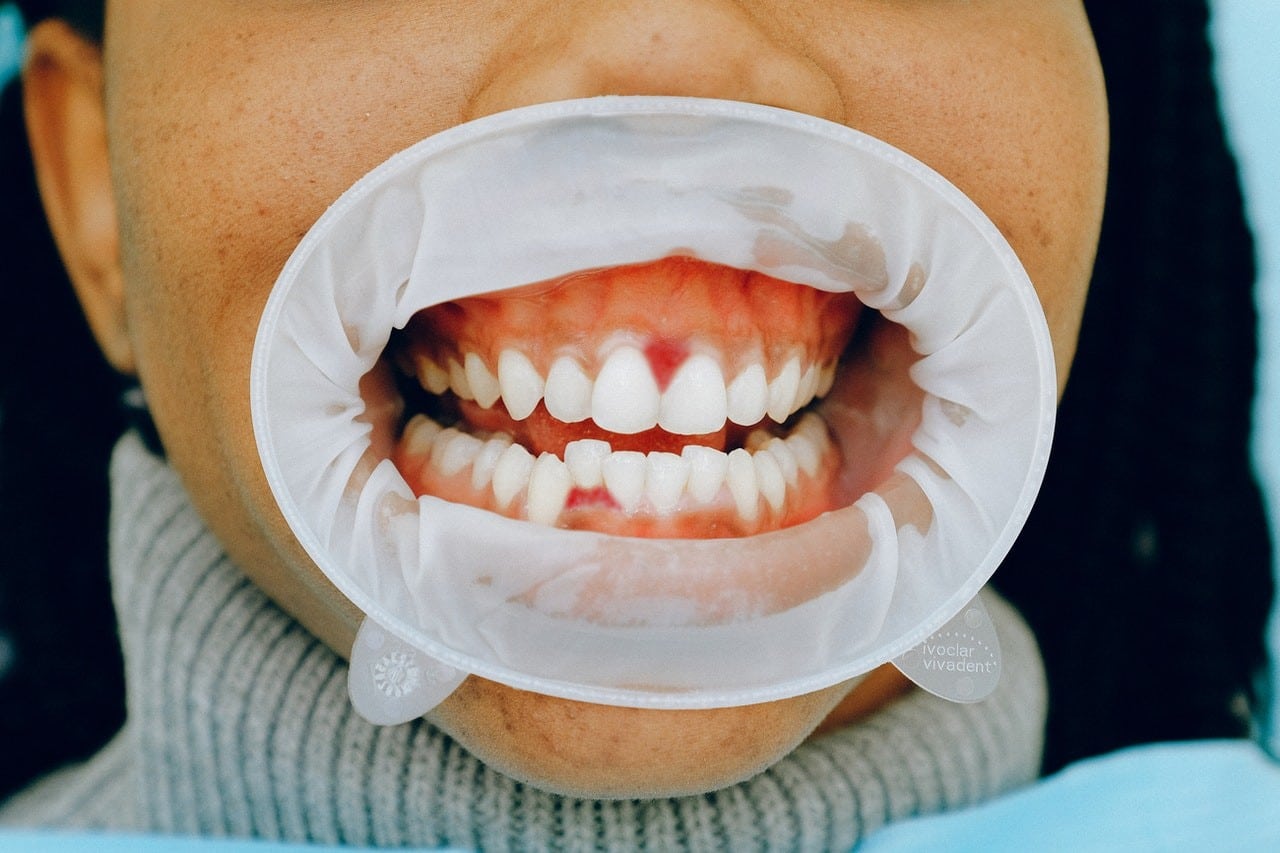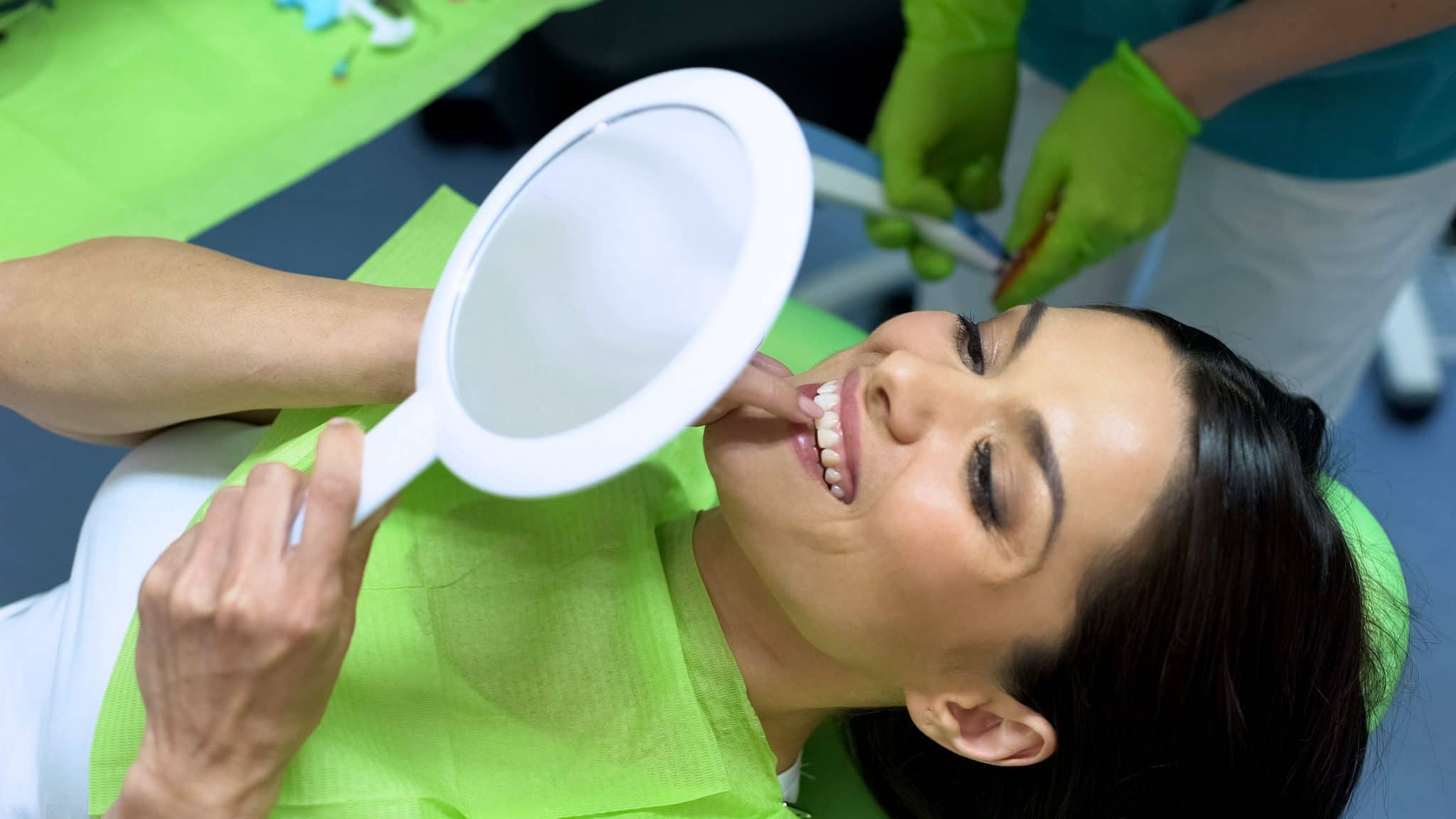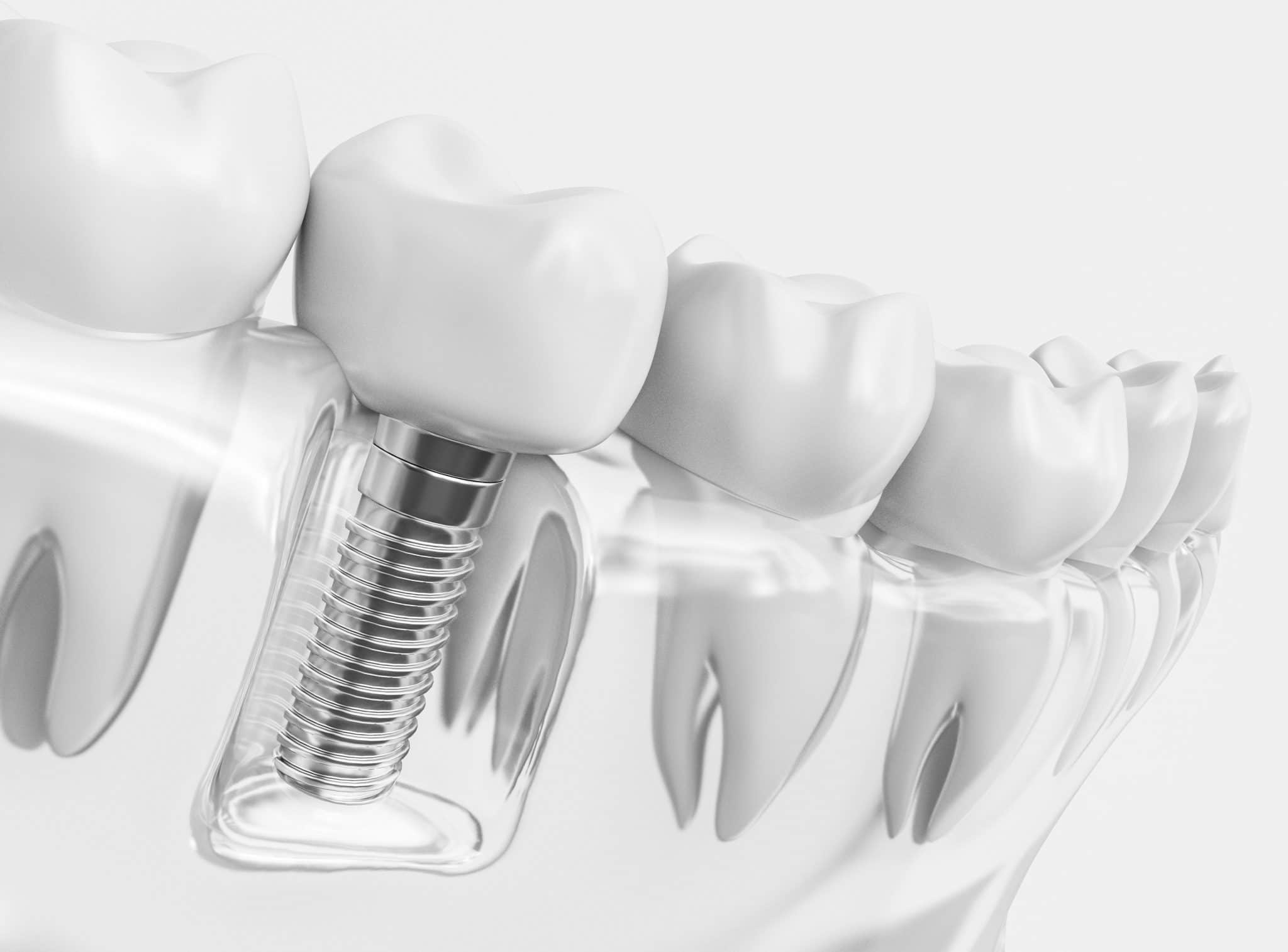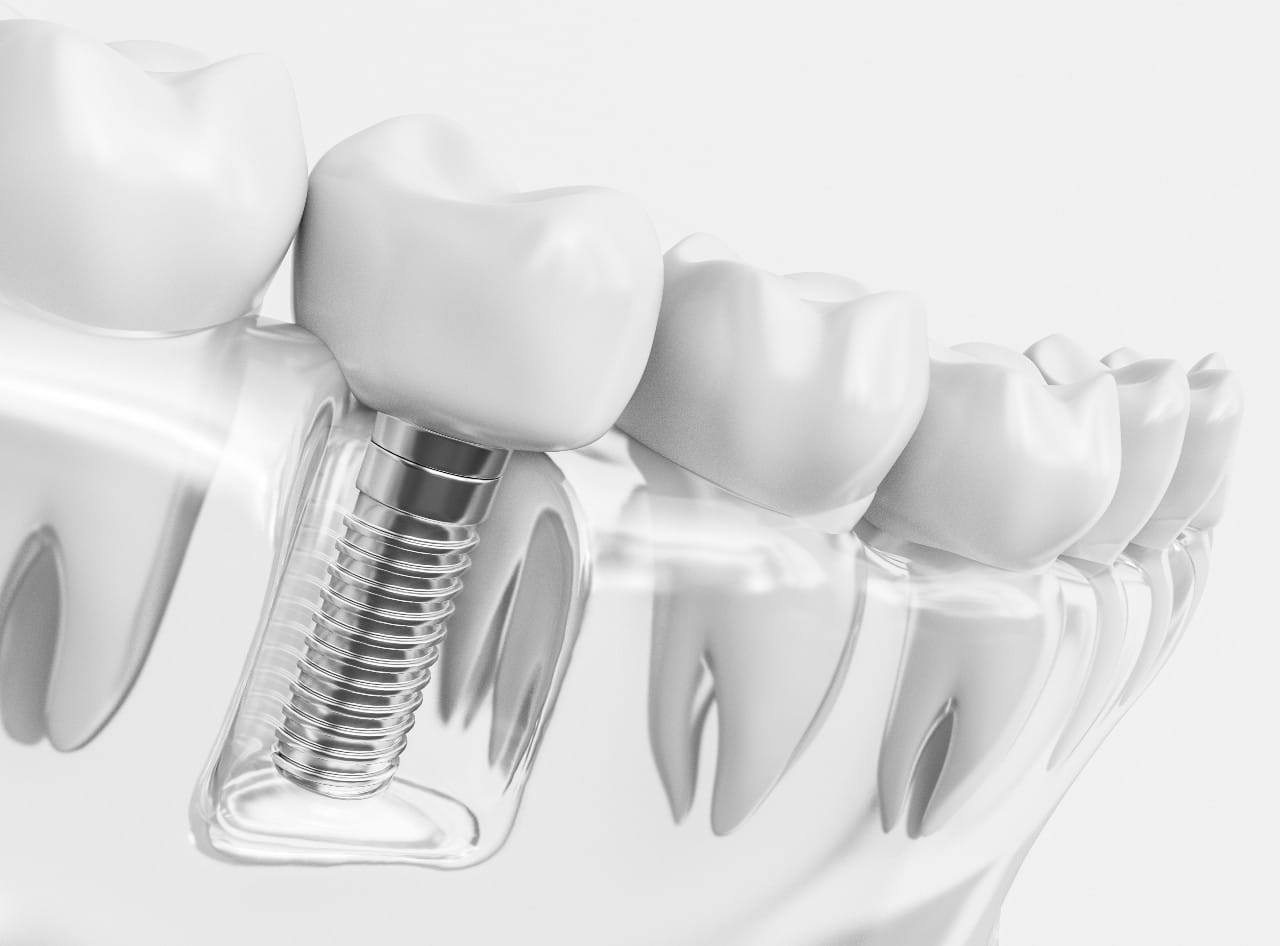Infections can be serious, and it is always important for patients to know when to call their dentist. Infections should always be treated right away to avoid complications, or other issues from developing. If you have a toothache and throbbing pain that does not go away, the infection could spread to other places in the body. At North Texas Oral & Facial Surgery, we are equipped to handle any dental emergency, and offer flexible hours to accommodate our patients.
What Are Symptoms of a Tooth Infection?
- Throbbing pain that does not subside
- Pain in your jaw, neck, or ear
- Sensitivity when you place pressure on the area
- Pain that gets worse when you are lying down
- Swelling around the jaw or mouth
- Tender lymph nodes
- Bad breath or odd taste in the mouth
- Fever
Knowing these signs can help treat an infection before it spreads and becomes more serious. Never hesitate to call your dentist when you are experiencing any of the above symptoms. At North Texas Oral & Facial Surgery, we put our patients’ health first, and provide exceptional care you can trust. Our team is trained to handle any emergency, and we will work to relieve your pain and keep you comfortable.
What Happens If the Infection Spreads?
There is little chance that a tooth infection will spread to other parts of the body. Patients that have any of the below symptoms should call our office right away. Infections that spread can be life threatening and should be taken seriously.
- Nausea
- Vomiting
- Fever
- Headache
- Change in vision
- Difficulty breathing
- Confusion
- Swelling around the face or mouth
Pain that does not subside
What Treatment Is Available?
The treatment provided will depend on the severity of the infection. If an abscess is present, we will identify the location of the abscess, and determine how far the infection has spread. Root canal treatment may be necessary to treat an abscess if it is located inside the tooth. If root canal therapy is not enough, our doctor can perform an apicoectomy to open up the gum area near the root, and remove the infected tissue.
Other treatments may involve prescribing antibiotics to treat the infection and stop it from spreading. Our team will monitor your progress on the antibiotics to ensure they are working. If necessary, the type of antibiotics used may need to be changed, and a hospital stay may be required.
Sepsis can occur when an infection spreads, and the immune system overreacts to an infection in your blood. If this is left untreated, sepsis can lead to septic shock which can cause organ failure, or even death. Patients that have sepsis will need to be hospitalized and given special intravenous treatment.
Treating an infection is extremely important to avoid complications like sepsis. We encourage you to contact our office if you experience any sign of an infection. Let our team help relieve your pain, and get you on the road to recovery.
Interested in Finding Out More?
If you think you may have an infection, we encourage you to contact our office right away. To schedule your appointment, please contact North Texas Oral & Facial Surgery, and our friendly staff will be happy to assist you.











